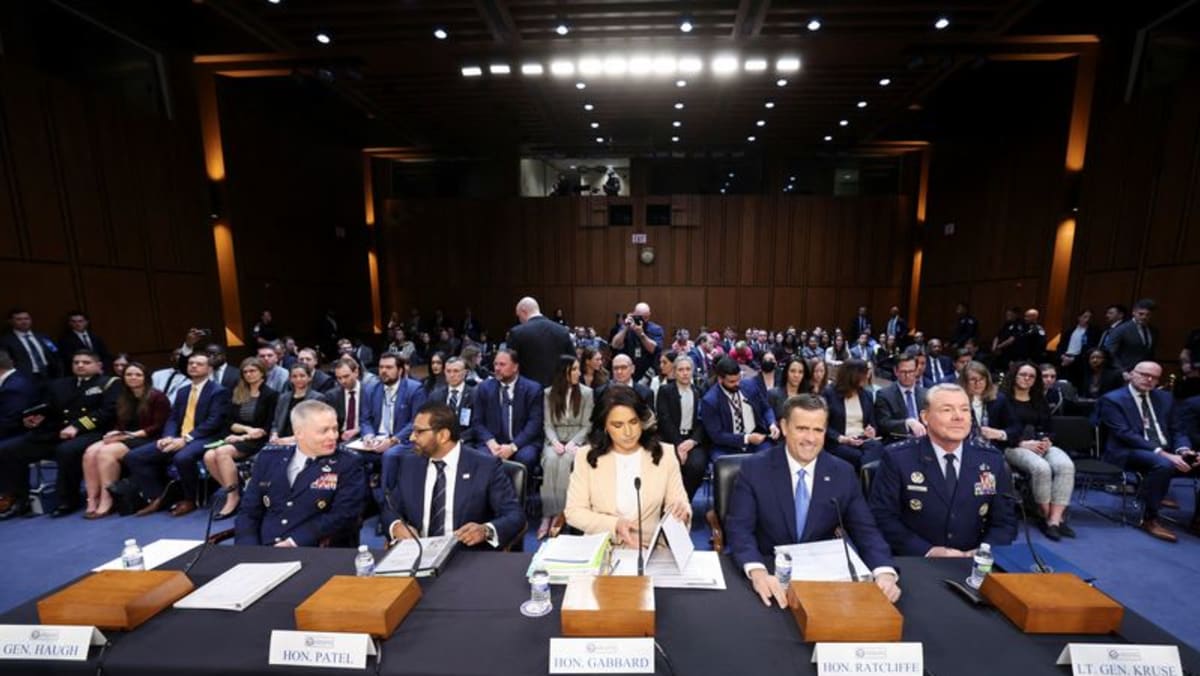Larry Pfeiffer, who was senior director of the White House Situation Room during the Obama administration, told CNA’s Asia First that secure communication systems were provided to the National Security Council personnel involved in such discussions.
“They have that equipment in their offices… in their homes… in a travel kit. So if they’re in a car, they can use it. If they’re in an airplane, they can use it,” said Pfeiffer, who is the director of the Michael V Hayden Center for Intelligence, Policy, and International Security.
He added that there is little excuse for officials to use a commercial messaging service when they have ready access to secure platforms.
Signal has a “stellar reputation and is widely used and trusted in the security community”, said Rocky Cole, whose cybersecurity firm iVerify helps protect smartphone users from hackers.
“The risk of discussing highly sensitive national security information on Signal isn’t so much that Signal itself is insecure,” Cole added.
“It’s the fact that nation-states threat actors have a demonstrated ability to remotely compromise the entire mobile phone itself. If the phone itself isn’t secure, all the Signal messages on that device can be read.”
Pfeiffer added: “If that information had become available to an adversary, it could have afforded them the opportunity to set up defensive mechanisms, to move… against our forces as they were being deployed so equipment, human beings… could all have been harmed.”
Republican Representative Don Bacon, a retired Air Force general who sits on the House Armed Services Committee, told reporters that Hegseth needed to take responsibility for the breach, which he said put lives at risk.
Asked about the White House claim that no classified details were shared, Bacon responded: “They ought to just be honest and own up to it.”
